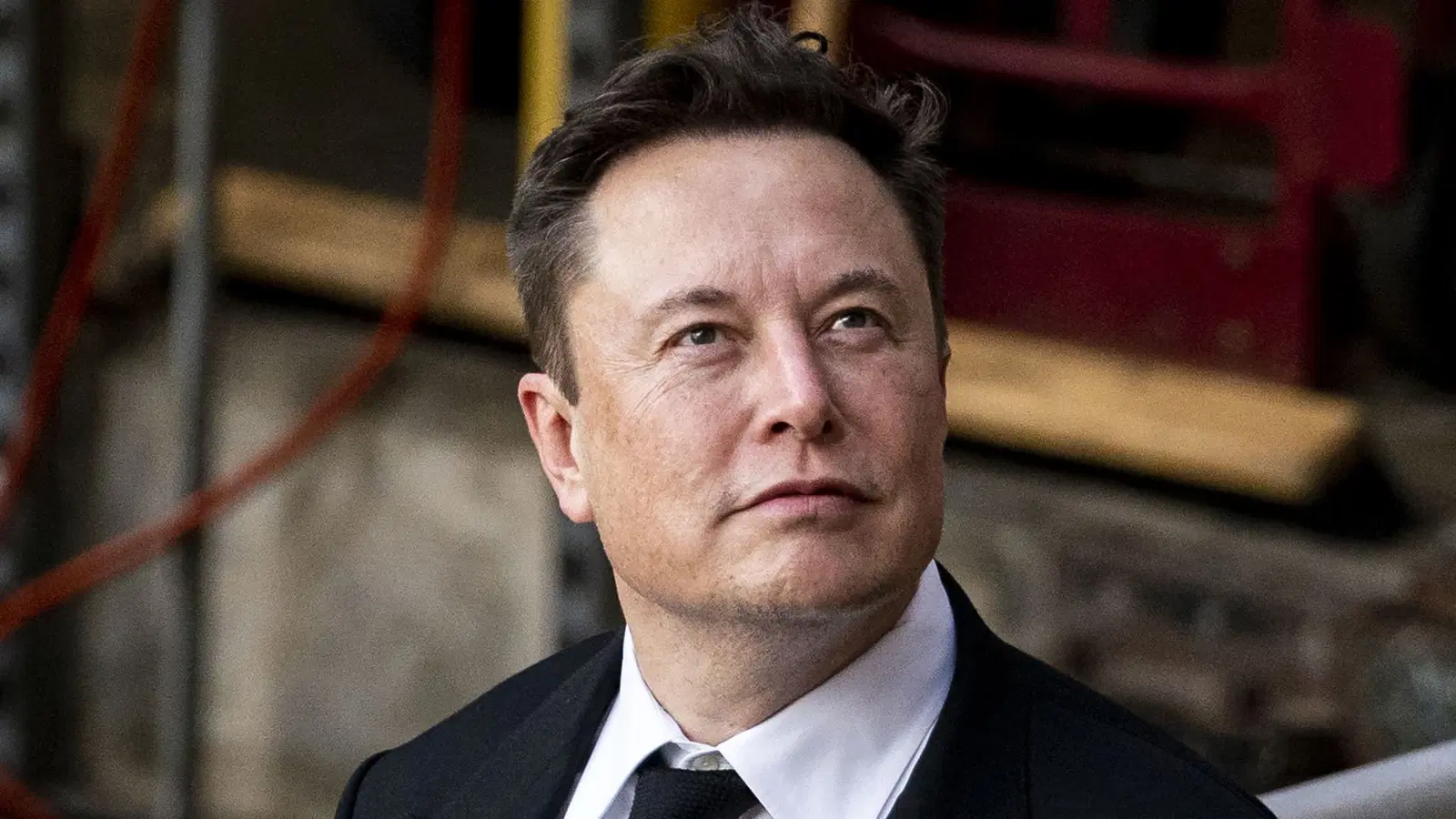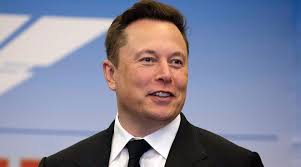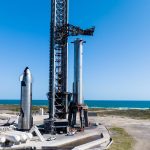Elon Musk’s $50M Neuralink Mind-Blast: Who’ll Seize the Brain Frontier?

Elon Musk’s $50M Neuralink Mind-Blast: Who’ll Seize the Brain Frontier?
Introduction: Elon Musk, the billionaire entrepreneur known for transforming industries ranging from space travel to electric vehicles, has turned his attention to one of the most mysterious and complex frontiers: the human brain. Through his neurotechnology company, Neuralink, Musk has invested millions in developing groundbreaking brain-machine interface (BMI) technologies, with the ultimate goal of revolutionizing how humans interact with machines. To further accelerate advancements in this field, Musk has announced a $50 million prize to stimulate innovation and attract the brightest minds to push the boundaries of neuroscience and AI. But the question remains: who will rise to the challenge and seize this brain frontier? In this article, we explore the significance of Musk’s $50 million Neuralink prize, the potential impact of BMI technology, and the future possibilities for merging the human brain with advanced technologies.
The $50 Million Neuralink Mind-Blast: A Call for Innovation Musk’s $50 million prize is more than just a financial incentive—it is an invitation to the world’s best engineers, neuroscientists, and technologists to collaborate and create solutions that could redefine how we understand and interact with the human brain. The prize aims to accelerate progress in brain-machine interfaces (BMIs), devices that bridge the gap between the human brain and digital technology. These interfaces could allow for direct communication between the brain and external devices, opening up possibilities that range from curing neurological disorders to enhancing cognitive abilities and even enabling telepathic communication.
The competition focuses on specific challenges within the field, including improving the accuracy, speed, and scalability of BMIs, as well as developing non-invasive methods for brain-computer communication. Musk’s goal is to solve some of the most critical barriers in the current state of brain technology: creating systems that can safely and effectively communicate with the brain, while also being scalable and accessible.
Given the ambitious nature of the prize, the $50 million is expected to spark a race among top talent across various sectors, including tech companies, research institutions, and startups. With Musk’s reputation for tackling ambitious projects, this prize could unlock new breakthroughs that bring us closer to a world where human-machine integration becomes seamless and transformative.
Neuralink and the Quest to Merge Mind with Machine Neuralink’s ultimate vision is nothing short of revolutionary. Musk has repeatedly stated that one of the core objectives of the company is to merge the human brain with artificial intelligence (AI) to create a symbiotic relationship that would enhance human cognitive capabilities. In its current form, Neuralink has developed a system involving tiny, flexible electrodes that can be implanted into the brain to enable direct communication with machines. The potential applications for this technology are vast.
In the medical field, Neuralink could be a game-changer for patients with neurological disorders such as Parkinson’s disease, Alzheimer’s, and even paralysis. The brain-computer interface could restore lost functions, such as mobility, speech, or memory, by stimulating the brain and bypassing damaged or impaired neural pathways. The technology could also enable individuals with disabilities to control prosthetic limbs or communicate via thought alone, offering a level of independence that was previously unimaginable.
Beyond medical applications, Neuralink envisions a future where the human brain is augmented with the ability to communicate with machines and AI systems more directly and efficiently. With BMI technology, humans could potentially interface with digital systems, such as smartphones, computers, and even virtual environments, without relying on traditional input methods like keyboards or touchscreens. This could open up a new era of human-computer interaction, making information access and processing faster and more intuitive.
Perhaps even more ambitiously, Musk has suggested that BMI technology could one day enable humans to merge with AI, creating a form of “superhuman” intelligence that blends human consciousness with artificial capabilities. While this may sound like science fiction, Musk believes that this level of brain-machine integration could be essential for humanity to keep pace with the rapid development of AI, ensuring that humans remain relevant in a world where machines are increasingly capable of performing complex tasks.
Who Will Seize the Brain Frontier? With the announcement of the $50 million prize, Musk has effectively opened the door for a global competition in brain-machine interface innovation. The potential to make significant contributions to the future of humanity has drawn the attention of leading scientists, engineers, and entrepreneurs, all eager to push the boundaries of what is possible.
While established companies like Neuralink and Facebook’s Oculus have made early advancements in BMIs, the prize encourages a wide range of competitors to enter the field. Academic researchers, independent developers, and emerging startups will have the opportunity to showcase their solutions, fostering collaboration and cross-pollination of ideas that could drive rapid advancements in the technology.
One potential contender in this field is Kernel, a neurotechnology company founded by Bryan Johnson, which has been working on building non-invasive brain interfaces aimed at enhancing cognition and diagnosing brain health. With a focus on achieving safe and scalable BMI technologies, Kernel could be a significant player in the race for the $50 million prize.
Additionally, the involvement of AI researchers and roboticists will be crucial, as advances in machine learning and robotics will play a central role in developing effective BMIs. Research teams specializing in neuroengineering, computational neuroscience, and even ethics will also be essential, as understanding the brain’s intricate mechanisms and ensuring the safety of BMI technologies are vital to their success.
The competition could also attract talent from unexpected sources, with individuals from outside traditional academia and tech industries bringing fresh perspectives and innovative ideas to the table. As Musk’s previous ventures have shown, success often comes from an open, interdisciplinary approach to problem-solving—bringing together minds from various fields to find solutions that might not be immediately obvious.
The Ethical and Societal Implications of BMI Technology While the $50 million prize is an exciting opportunity for innovation, it also raises important ethical and societal questions. As brain-machine interfaces become more advanced, they have the potential to transform society in profound ways—both positive and negative. Musk has acknowledged that with great technological power comes the responsibility to address potential risks.
For example, the ability to enhance human cognition or control machines directly through thought could raise issues related to privacy, consent, and security. With access to individuals’ thoughts and memories, there is the potential for misuse, such as hacking or unauthorized surveillance. The ethical implications of this technology must be carefully considered, especially as it advances toward more widespread use.
Additionally, there are concerns about inequality and accessibility. If BMI technologies become expensive or restricted to certain groups, there could be a divide between those who have access to cognitive enhancements and those who do not. Ensuring that these technologies benefit everyone, rather than just a privileged few, will be crucial to their successful integration into society.
As such, the $50 million prize not only aims to foster technological advancements but also to encourage participants to think about the broader societal implications of their work. Balancing innovation with ethical responsibility will be essential as BMI technology continues to develop.
Conclusion: Elon Musk’s $50 million Neuralink tech prize is a bold step toward advancing one of the most exciting and potentially transformative technologies of the 21st century. By offering a significant financial incentive, Musk is catalyzing innovation in the field of brain-machine interfaces, opening the door for new ideas and solutions that could reshape the future of humanity. Whether it’s for medical applications, cognitive enhancements, or even merging with artificial intelligence, the possibilities are vast. However, as the technology advances, it will be crucial to address the ethical, societal, and safety challenges that accompany such powerful innovations. The $50 million prize is not just about who will win—it’s about ensuring that humanity takes the next step in brain technology responsibly, securely, and for the benefit of all. As the race to seize the brain frontier heats up, the world will be watching closely to see who leads the charge in this high-stakes competition.









